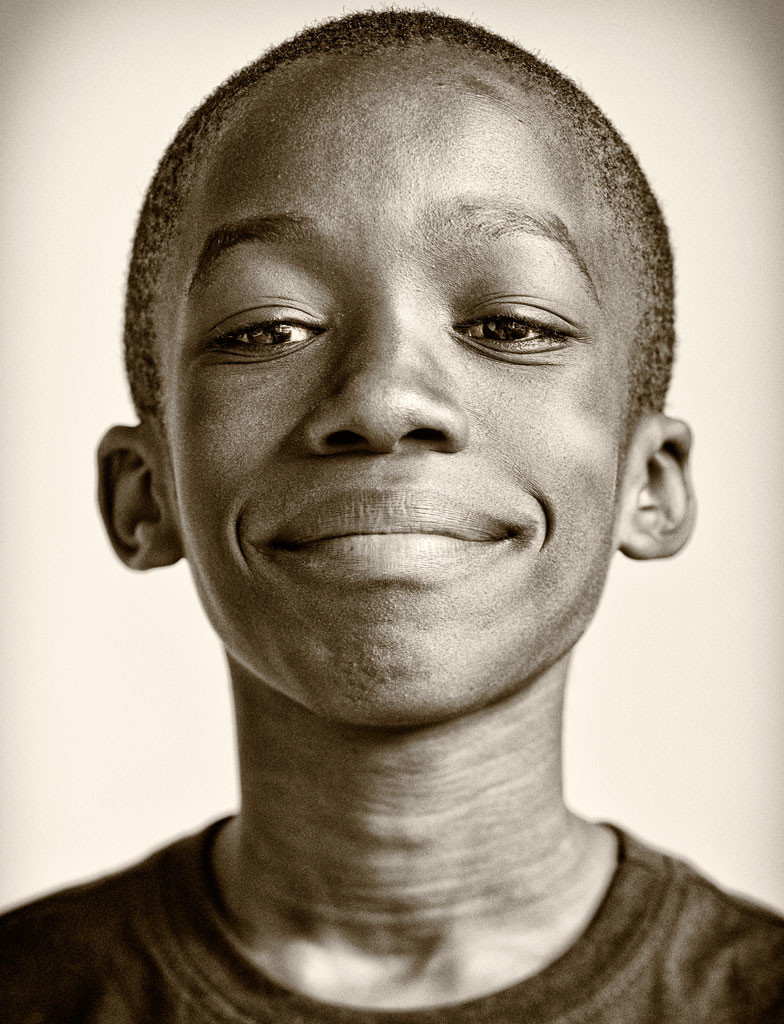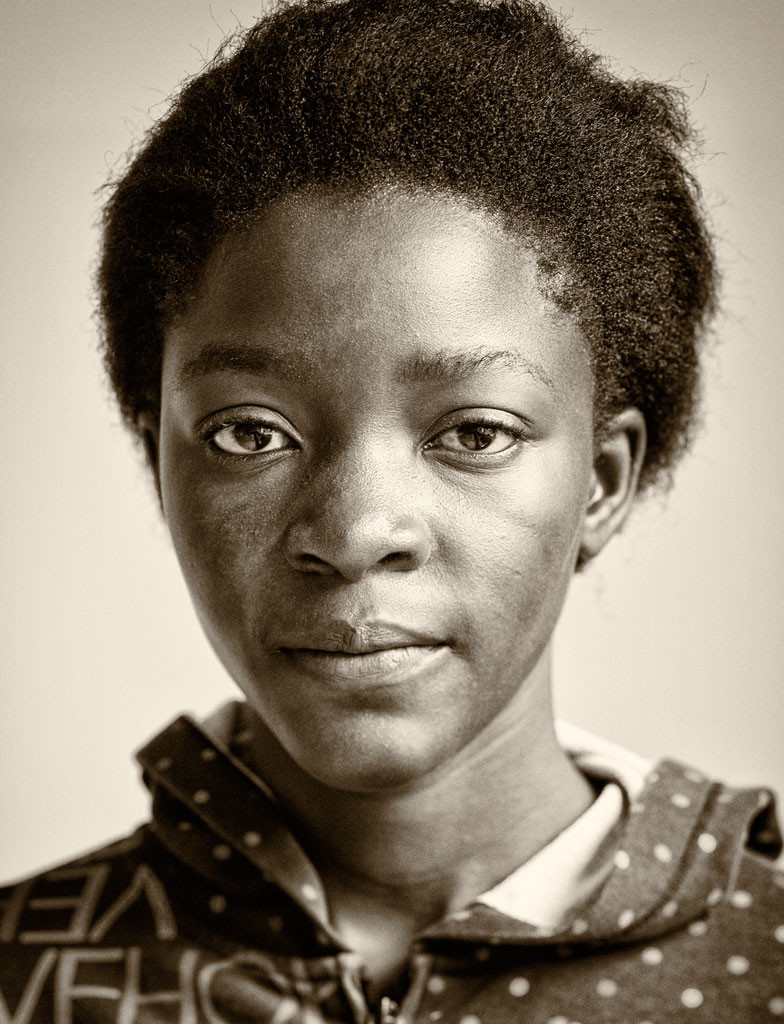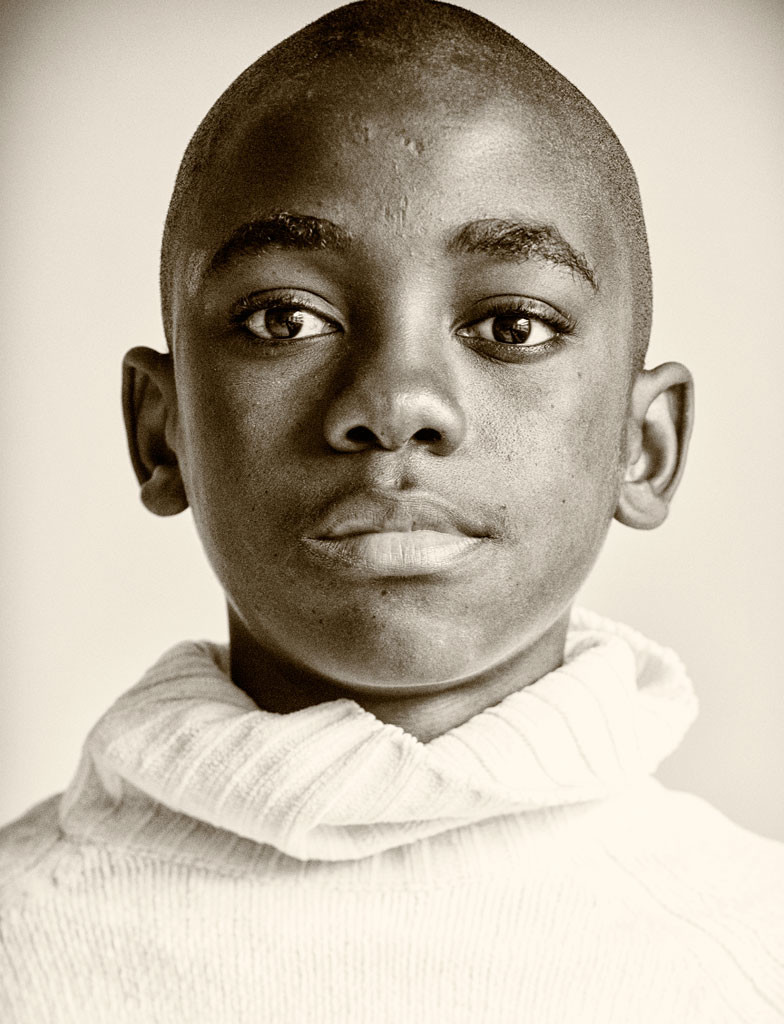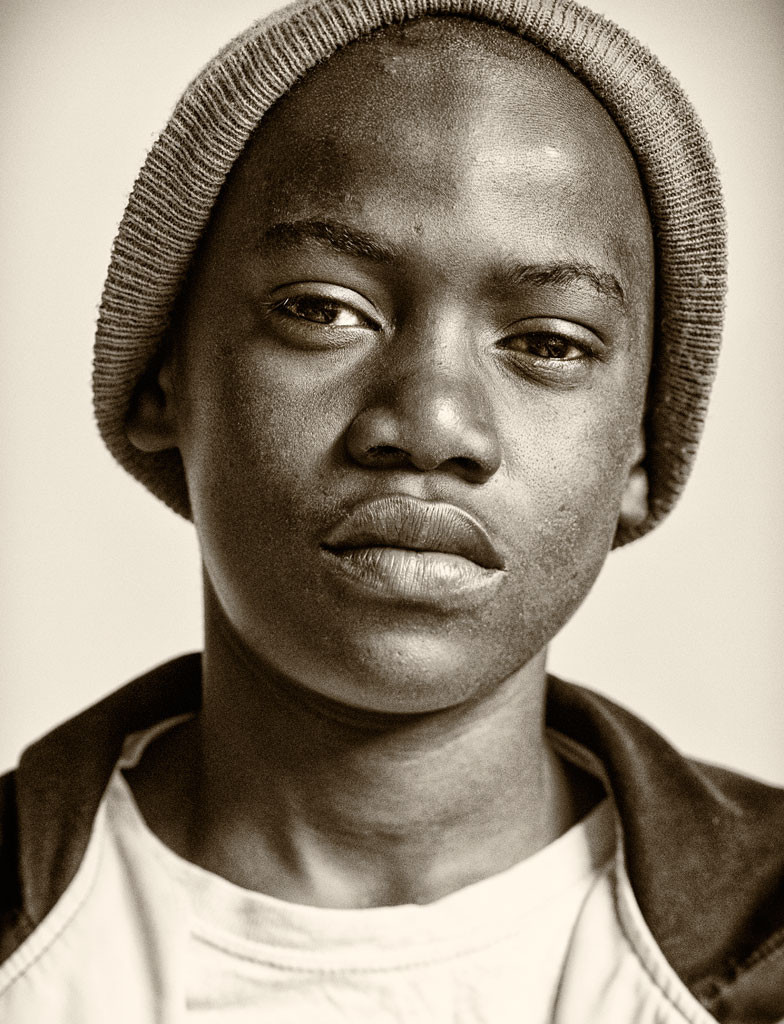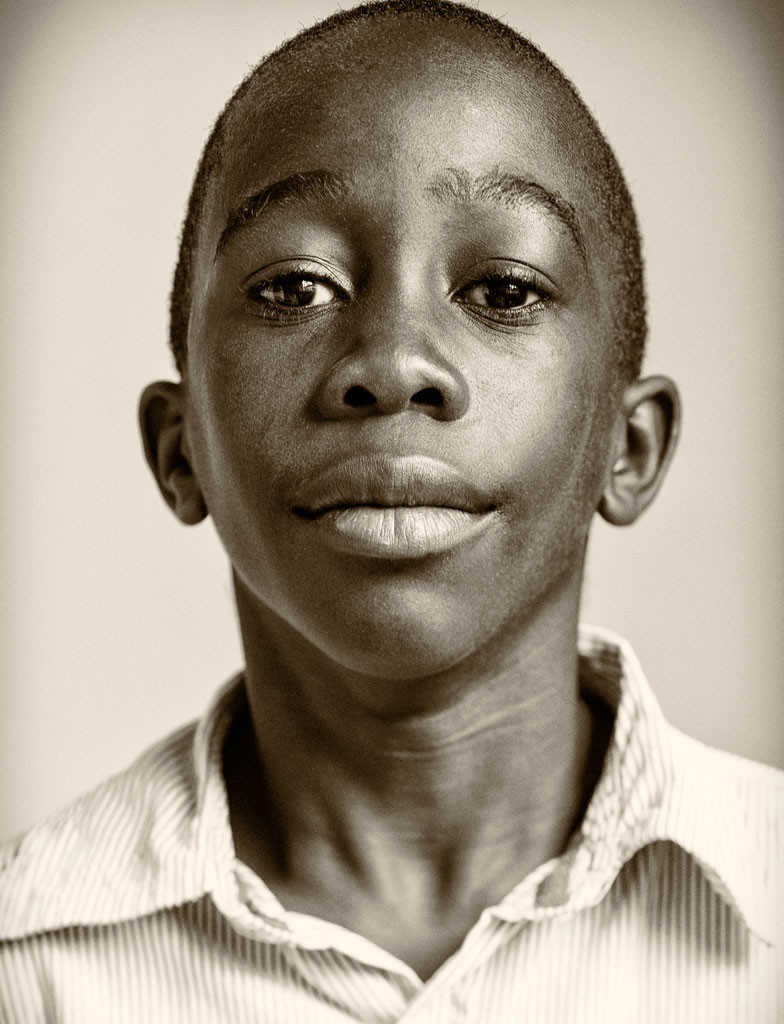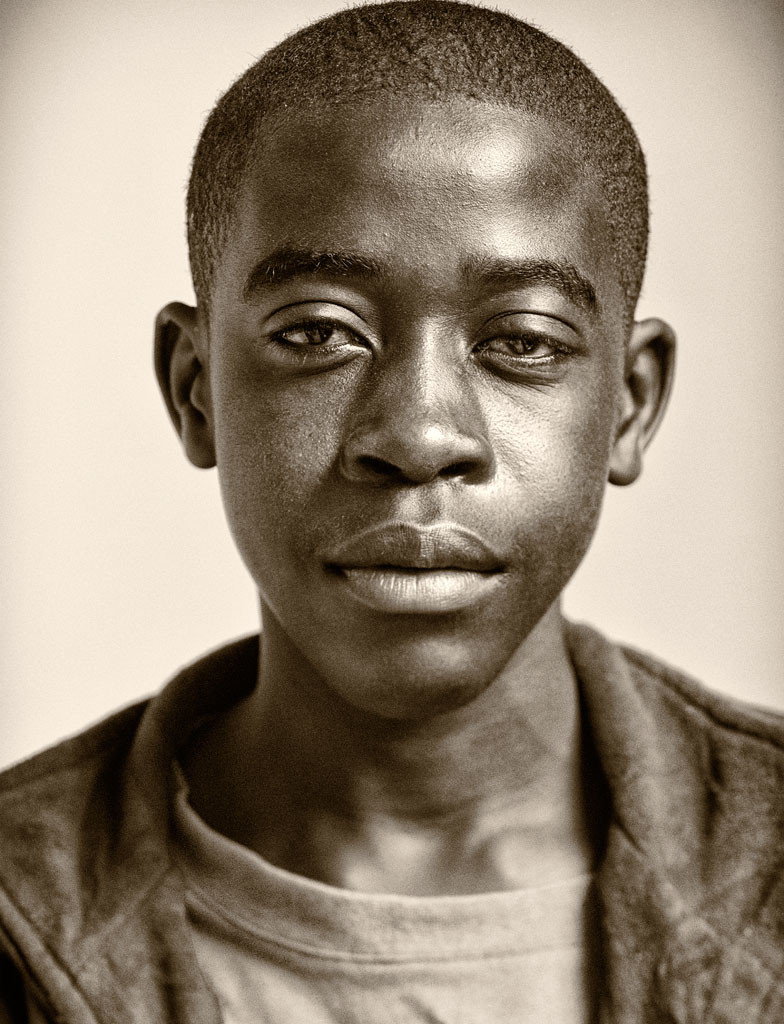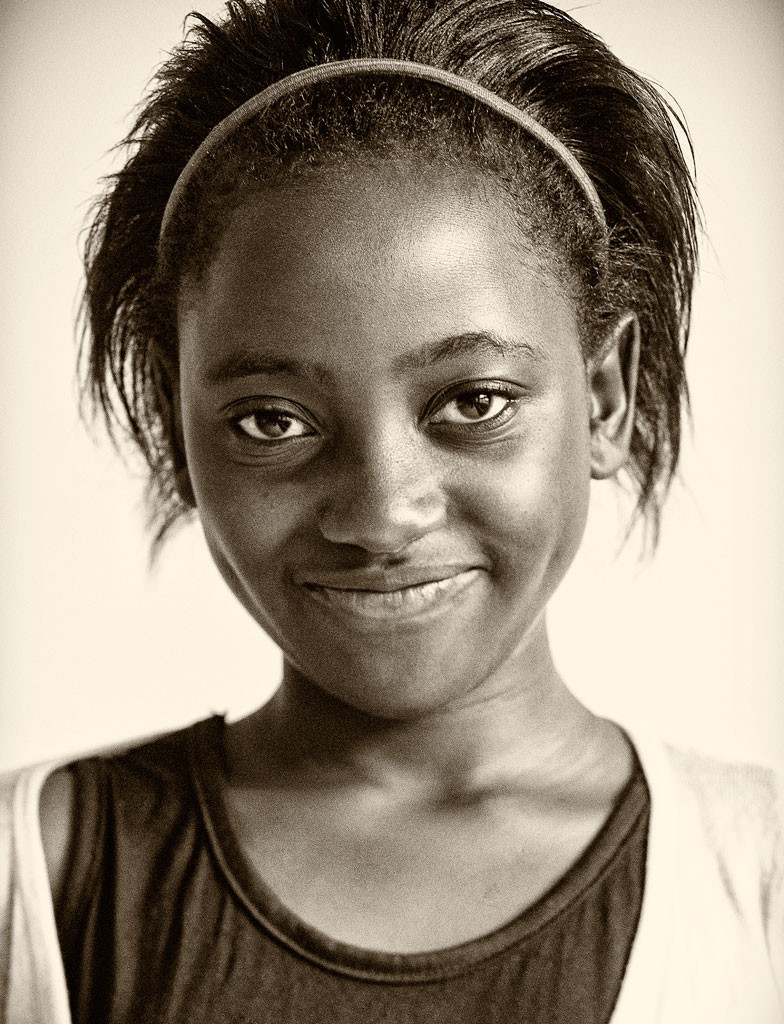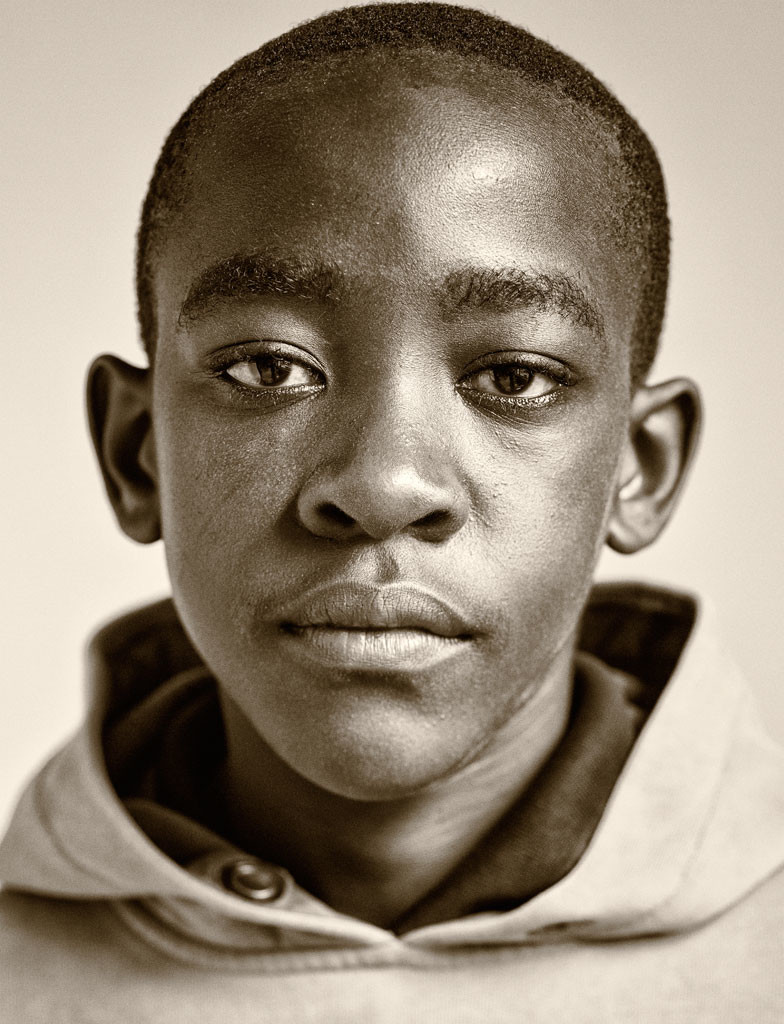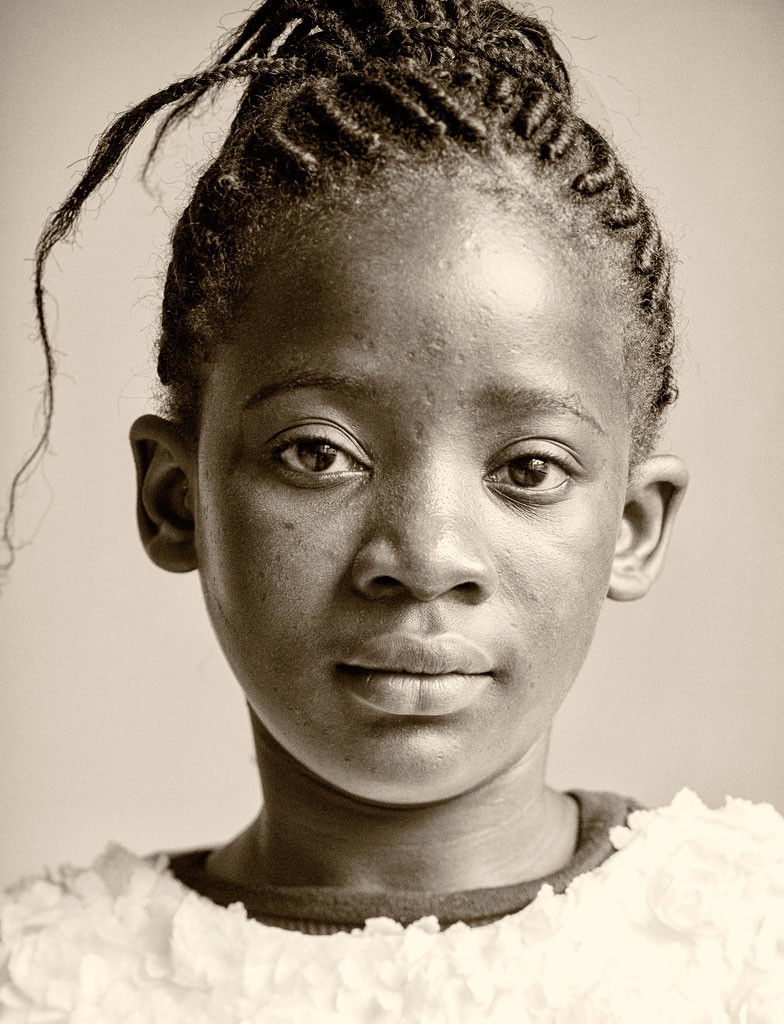Zambia
Zambia had around 20 million inhabitants in 2022. 1.4 million of them are infected with the HIV virus an increase of 300000 compared to 2010. The picture is more favourable if we look at the number of new infections per year. This has fallen from 71000 in 2010 to 33000 in 2022. The number of new infections among children (0-14 years) fell even faster in percentage terms. From 12000 in 2010 to 4400 in 2022.
We can conclude two things: the HIV population is getting older and the availability of HIV medication is increasing. In 2022 93% of the HIV population was taking medication (1.3 million people) and medication compliance was high because the HIV virus became undetectable in 97% of this group. Only among young people (0-14 years) are the numbers lagging. (only 60%).
HIV related stigma remains an issue in Zambia. In 2023 the People Living with HIV Stigma Index found that one third of people with HIV had experienced stigma in the past year. This was even higher among key populations at 60–70%.
Zambia is very much on the right track towards beating the HIV epidemic but a high percentage of the population is infected and their life saving medication and healthcare depends for most part of international funding.
(Sources: AVERT and UNAIDS)
Sex Education
Lusaka, Zambia
Almost every weekend workshops are organized in the paediatric department of the hospital in Lusaka. Boys and girls aged 9 to 18 years, all infected with the virus, learn in groups of about 20 children everything about their health. Sex and HIV play an important role. The enthusiastic doctors and counsellors who lead the weekend workshops, all of them women, emphasize that you can never start early enough with education about these heavy topics because: “Children in Zambia are sexually active at a very young age.”
Atlas2018 was privileged to be present at one of these workshops. We were deeply impressed by both the teachers and the adolescents. Their commitment and openness, their joy and their desire to learn; it was wonderful to see. But what stayed with us the most was how brave and strong these boys and girls are. All intimate, funny and complex issues were discussed and shared with each other.
We would like to thank all the boys and girls and their teachers for allowing us to be present on this extraordinary day. We wish everyone a long and healthy future, and a lot of fun and happiness in their lives.
NINE YOUNG HEROES
Wilard, Choolwe, Walasanga,
Twiza, Moffat, Shadreck,
Tina, Yamikani, Sasha
SISTER FEBBY AND ALL THE CHILDREN TOO.
“I wanted to be the voice for the children. In 2006, the mortality rates were very high. Many of them died of pneumonia. Most had a complicated clinical picture. I suspected that HIV was the cause. I thought we had to do something about it and suggested to test all children for HIV. Not all doctors were immediately in favour of doing this. It was decided to look into it. After six months, a link was seen between the clinical picture, HIV and the mortality rates. It was then that we could start”.
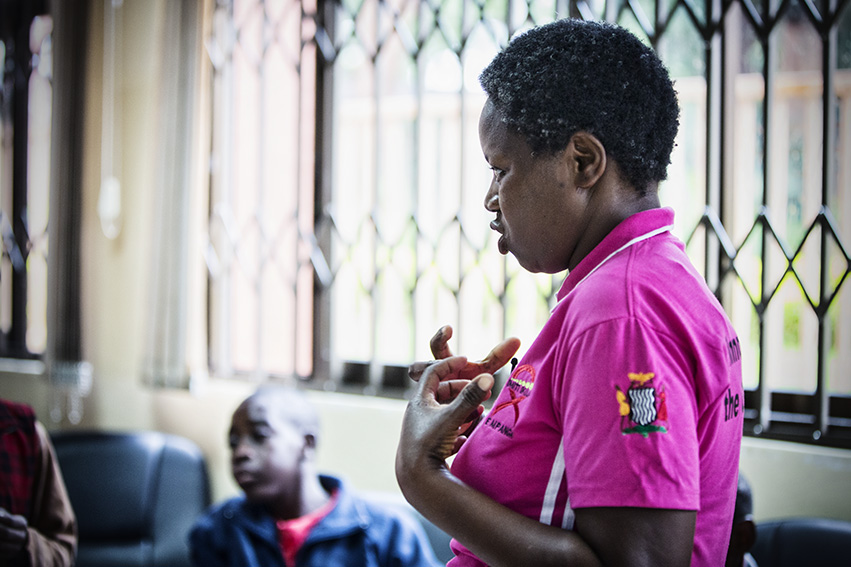
Nurse Febby, initiator of the workshops for infected teenagers, falls silent and looks at me intently. She makes her point without speaking. All those special measures to assist children with and without HIV, to educate them and provide proper care did not come easily. It was a long road. There were hurdles to be crossed.
“As well, not all parents and guardians were in favour of testing the children. In the beginning, this happened on a voluntary basis. For parents who objected, I started a counselling programme to help them understand why our HIV tests were so important. I tried to get them to keep coming back until they gave permission. Later, the resistance was less. Parents saw that their children who tested positive were treated and remained healthy. Little by little appreciation grew for what we were doing.”
[toggle open=”no” title=”Read more…” ]She slides the sandwich over to me and tells me that I must eat. She asks her grown up daughter who is working behind us on a computer, to bring fresh tea. The broad smile on her face returns. Her pleasant relaxed way of talking barely conceals her burning ambition. She has achieved a lot, but there are still piles of plans impatiently waiting to be executed. For the unborn child, toddlers, adolescents and their parents or guardians. To dispel all the misconceptions and prejudices about HIV. To stop sexual violence and to ensure that the medication is not only available, but also faithfully taken every day.
 “Those babies and toddlers are now in their teens. Living with the virus as an adolescent brings new issues. At this age, children like to experiment, that’s normal. They discover each other, they discover sex, that’s normal. In Zambia, children are sexually active at a young age. Sometimes girls are pregnant when they are fourteen. That’s why we wanted these workshops also to be for children from the ages of 9 or 10. Again, not everyone was immediately enthusiastic… Now all children with HIV who are treated here, participate in these workshops.
“Those babies and toddlers are now in their teens. Living with the virus as an adolescent brings new issues. At this age, children like to experiment, that’s normal. They discover each other, they discover sex, that’s normal. In Zambia, children are sexually active at a young age. Sometimes girls are pregnant when they are fourteen. That’s why we wanted these workshops also to be for children from the ages of 9 or 10. Again, not everyone was immediately enthusiastic… Now all children with HIV who are treated here, participate in these workshops.
We talk about everything! Everything! Sex, family planning, manners (such as having respect for others), STI’s, HIV, the medication … When we started, we asked the children what they thought was important, what they would like to learn about…
All children participating in the workshops have the virus. It’s a mixed group with first-, second- and third-line medication patients, but it is important for everyone that they all learn to take their pills.”

We have to leave it at that. Her break is over and she wants to be present when the children debate about ‘pregnancy’. “I was pregnant when I was 16,” she says. “You’ve met my daughter, a wonderful young woman. I love her very much. But 16 is too young to be pregnant.”
The debates, each one between one boy and one girl are cheerful frank discussions, in which the girls make the guys understand that their voice is just as important as theirs. After each contribution there is loud applause and exuberant dancing in appreciation.
I ask nurse Febby if I can talk to one of the girls and boys.
Moments later I’m sitting in a quiet place with Gloria. She is one of the toughest girls in the group.
 Hi Gloria. Can you tell us something about yourself? Who you live with and where and how old you are?
Hi Gloria. Can you tell us something about yourself? Who you live with and where and how old you are?
Yes certainly! I’m Gloria and I’m thirteen years old. I live with my mother here in Lusaka. My mother is a teacher and I’m still at school.
No, I have no brothers or sisters. It’s just us two.
Do you do lots of things with your friends?
Oh yes! I see Natasha and Victoria the most. If we’re free, we often go to the park. The nicest places are the botanical gardens and the zoo.
At school I play with the girls in my class.
What are your favourite subjects?
Reading, English, mathematics and chemistry. I haven’t finished school yet. I want to be a lawyer so I want to continue learning at this school.
Why do you want to be a lawyer?
Because sometimes people force you to do something that you don’t want to. And that you still have to do it… And then people are wrongly accused. I want those people to be protected. That it’s not said that they have stolen something or done something else.
 Have you ever experienced that?
Have you ever experienced that?
Yes…
She hesitates. She starts a couple of times but finally decides not to tell any story to explain her agitation and anger.
What do you think about the workshops?
I think they’re good. You learn lots of new things about the medication. The teachers are nice. They’re always with us.
What do you think of the boys?
They’re ok… I’m not afraid of them. If I don’t want to kiss them then I don’t!
But in the future… if you meet a nice boy would you like to get married and have children?
No, I don’t want to get married…and I’m not sure if I want children or not. Maybe…and then again maybe not…I only want children if I’m married.
Do you worry about your future, about your health?
Sometimes. Sometimes it’s difficult. Then you want to eat something…but my mother always pays attention to this. She’s very healthy.
She leaves it at this. Really good, such a conversation, but we can hear music coming from the next room. The next part of the workshop is about to begin and she doesn’t want to miss anything.
Meanwhile nurse Febby has sent Tom to me. Tom is a lovely gentle boy. You can’t imagine that he would ever do anything that the girls would find repugnant… Actually I have that idea with all the boys and girls here: they are fun, lively and responsible children. Yet Dr. Fanny told me earlier some stories about sexual abuse and unwanted pregnancies where some from this group were involved.
Hi Tom, I think it’s time for a man to man talk don’t you?
He laughs and nods a ‘yes’.
Can you tell us something about yourself? How old you are, who you live with and where?
I’m 14 and in the 8th class at school. I live in a compound. There are lots of us at home. I’ve got six brothers and sisters, oh, no, nine…plus my mum and dad… yes I really love my mum and dad.
 Do you like it at school? What are your favourite subjects?
Do you like it at school? What are your favourite subjects?
Reading, history, social studies, mathematics, music…
When I’m finished at this school I want to go to a private school. I want to continue to learn because I want to be a doctor.
Why?
To help others.
Are you often ill?
He nods.
I’ve had a lot of trouble with my stomach.
Do you think that’s because of the virus?
He nods again
I got it from my mother. She told me when I was older. Yes, I was scared when she told me. I thought I would die.
My parents take good care of me. They give me what I want. No, I don’t find it difficult to take the pills. I take them every day.
Do your brothers and sisters know you have the virus?
Only my parents.
What are your hobbies? What do you like doing?
Playing football with my friends. I play in the defence. But we also watch TV together. Sometimes I go for a day to the park with my sisters.
In the future, when you’re older, if you meet a nice girl would you like to get married, and would you like children?
Yes, I’d like to get married and I think I’ll meet a nice girl. I’d like children. Healthy children…two or three…maybe
We say goodbye as men do. Hands are shaken and we hug in a tough, manly way. I made him promise that when he is a doctor, he will be a good one. Tom tells me that he wants to work in the best hospital and to cure people with HIV.
It’s break again. Time for us to say goodbye. To thank them the children want us to dance for them. We do. Then we all charge outside for a group photo.
We were guests in a very special class, full of fantastic lovely children.

* Gloria and Tom are not their real names.

